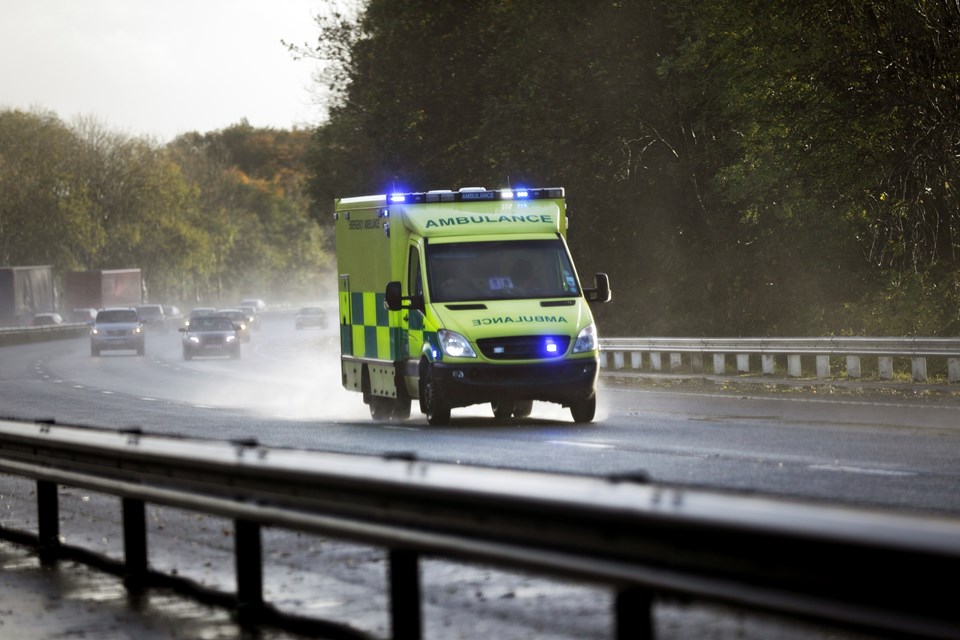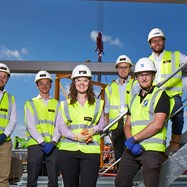Maths research delivering life-saving results
Delays in emergency medical wards are a potential waste of time and resources for hospital managers, but more importantly they can cost lives. Researchers at Cardiff University have used mathematical modelling to identify the causes that lie behind the headlines of ambulance delays and A&E queues.
 Their findings have brought about life-saving improvements to UK health care systems, lowering patient waiting times, increasing survival rates and improving patient care.
Their findings have brought about life-saving improvements to UK health care systems, lowering patient waiting times, increasing survival rates and improving patient care.
By studying patient flows in A&E departments, the modelling unit set up by the university’s mathematics researchers has enabled managers to simulate different scenarios and match capacity to demand.
The data has helped to identify bottlenecks and where best to locate ambulances, as well as forecast ambulance demand and plan rotas of paramedics.
This work has been widely disseminated nationally and internationally, and included in hospital capacity planning tools across the UK.
Putting maths at the heart of medicine has helped save lives and cut costs. In one hospital emergency department, at University Hospital of Wales, net efficiency gains of £1.6 million per year have been realised.
Across south London the research has been applied to reduce the mortality of trauma patients by 54%, and to reduce the mortality of stroke patients by 60% through the creation of a new Stroke Unit.
-
Hamir Patel
hamir.patel@russellgroup.ac.uk
020 3816 1316
-
Stephanie Smith
020 3816 1310
 X
X


